Cherry Robusta Karnataca India – Origin
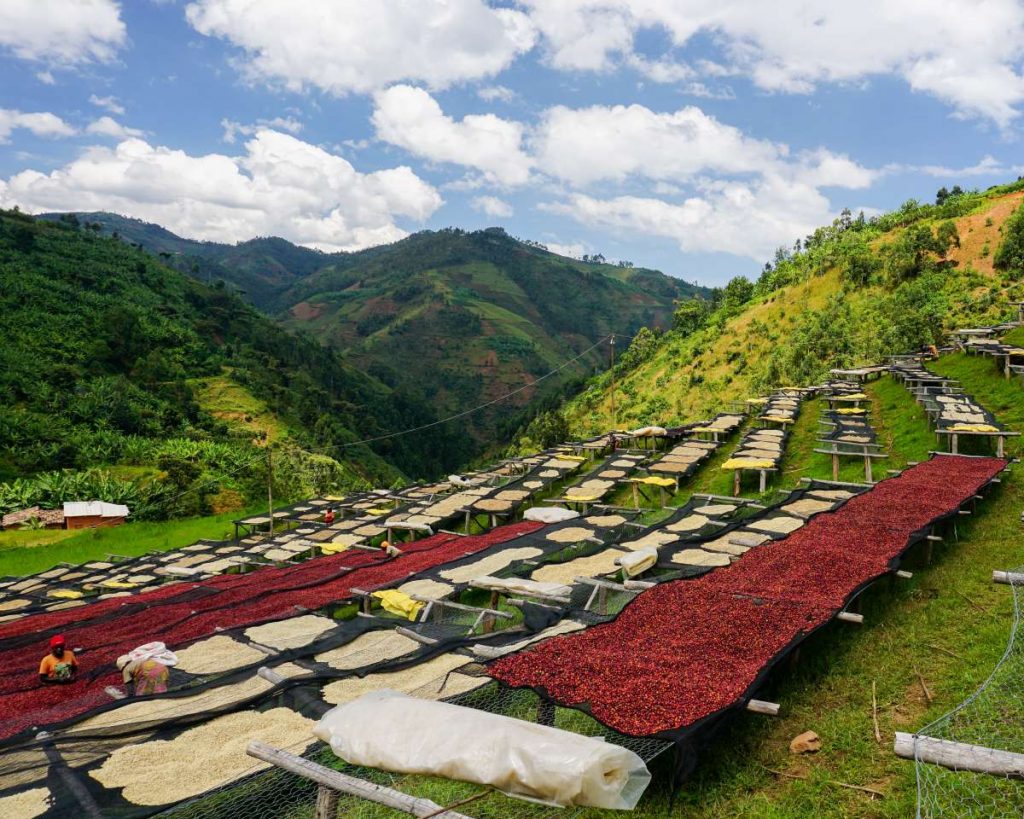
Bavyeyi from Ngozi of Burundi
Variety : Bourbon
Altitude : 1800 masl
Harvest: April – June
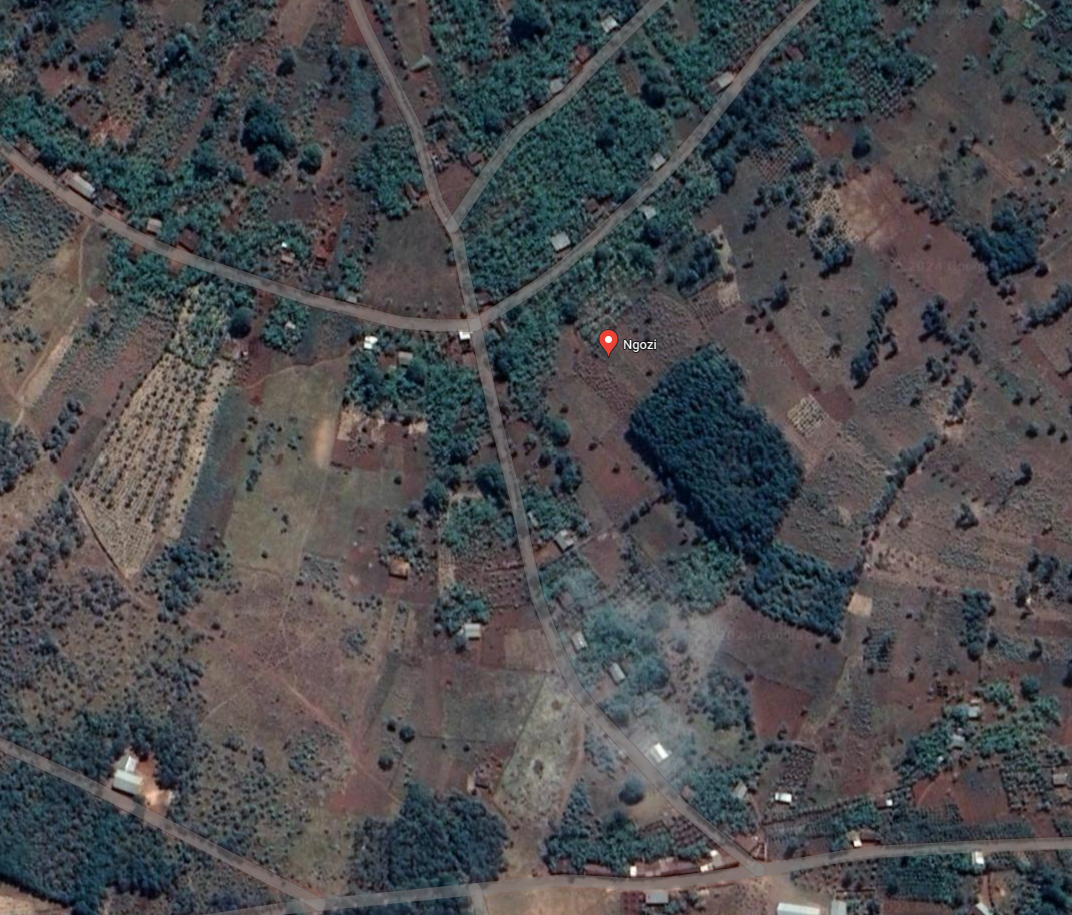
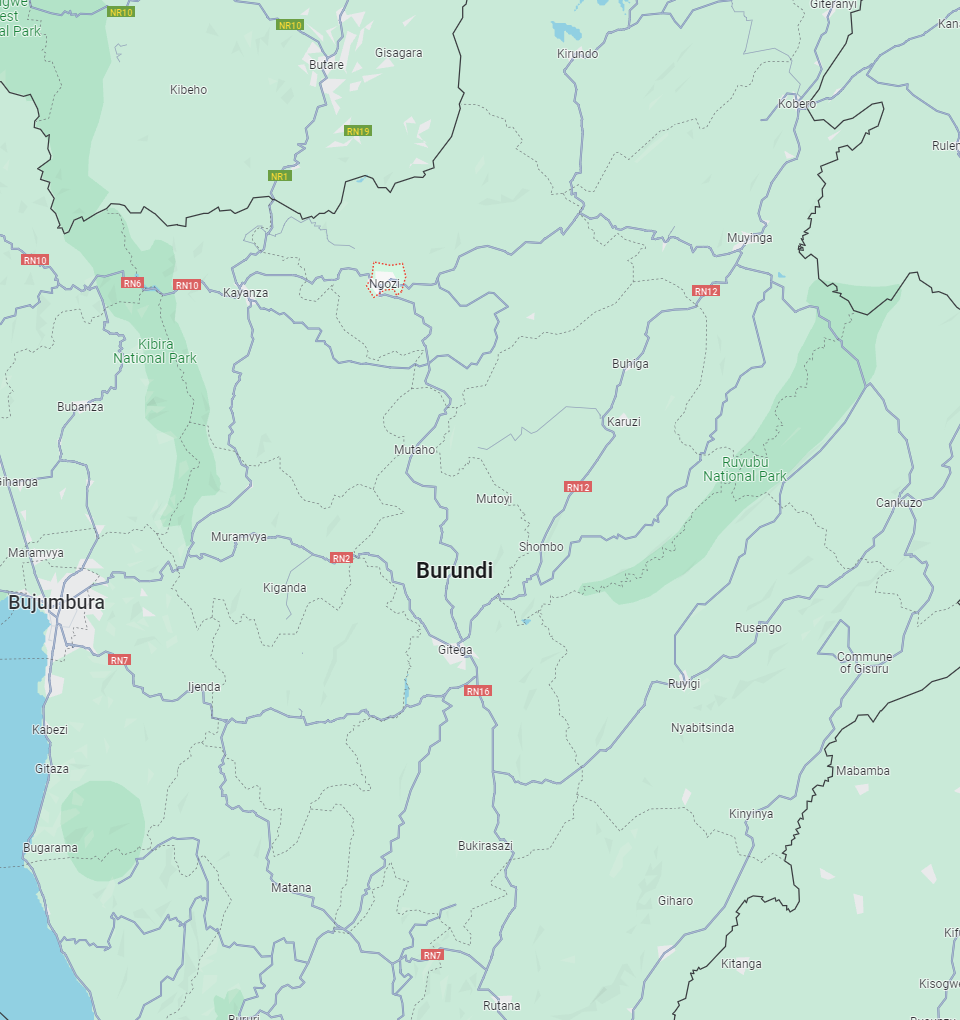
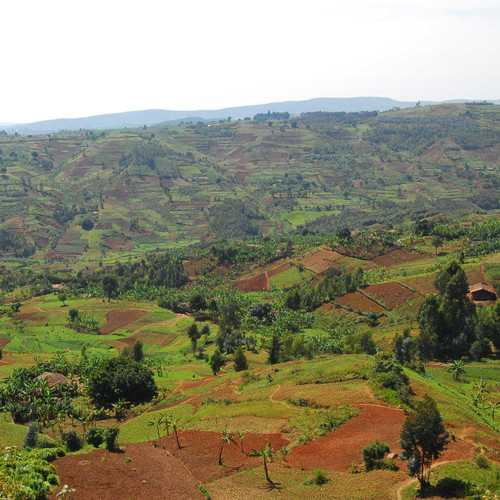
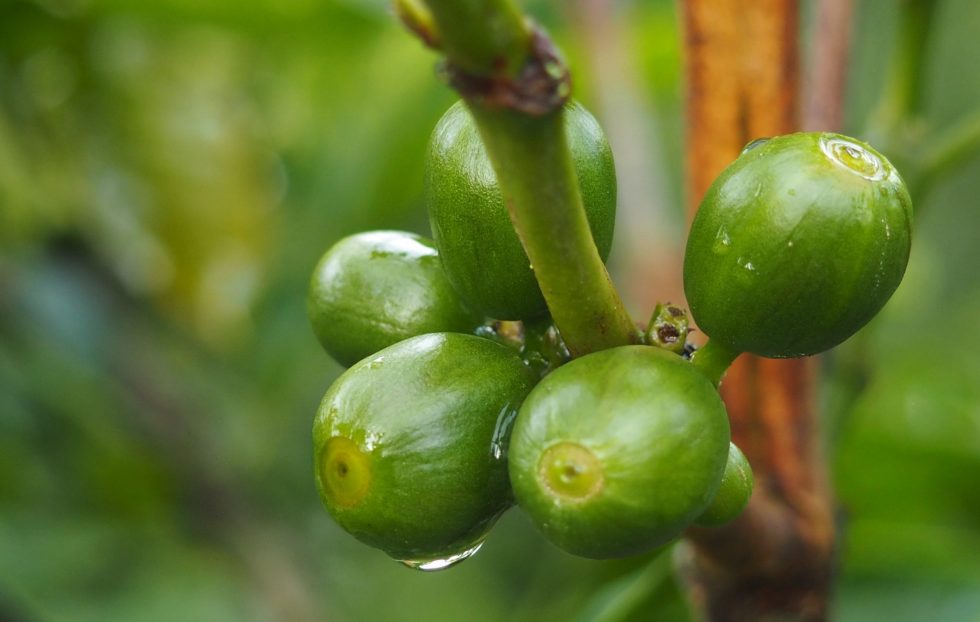
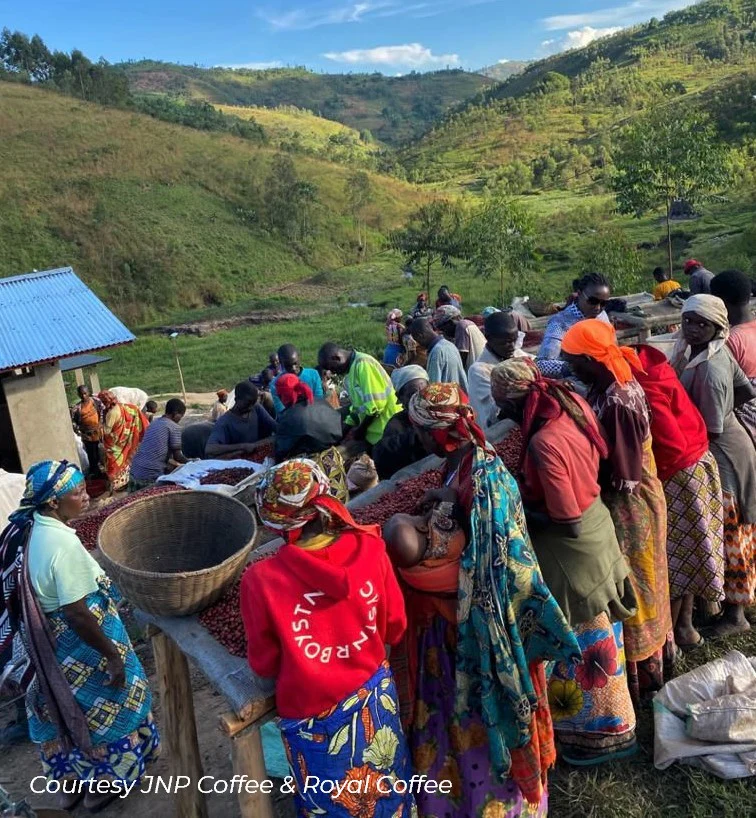
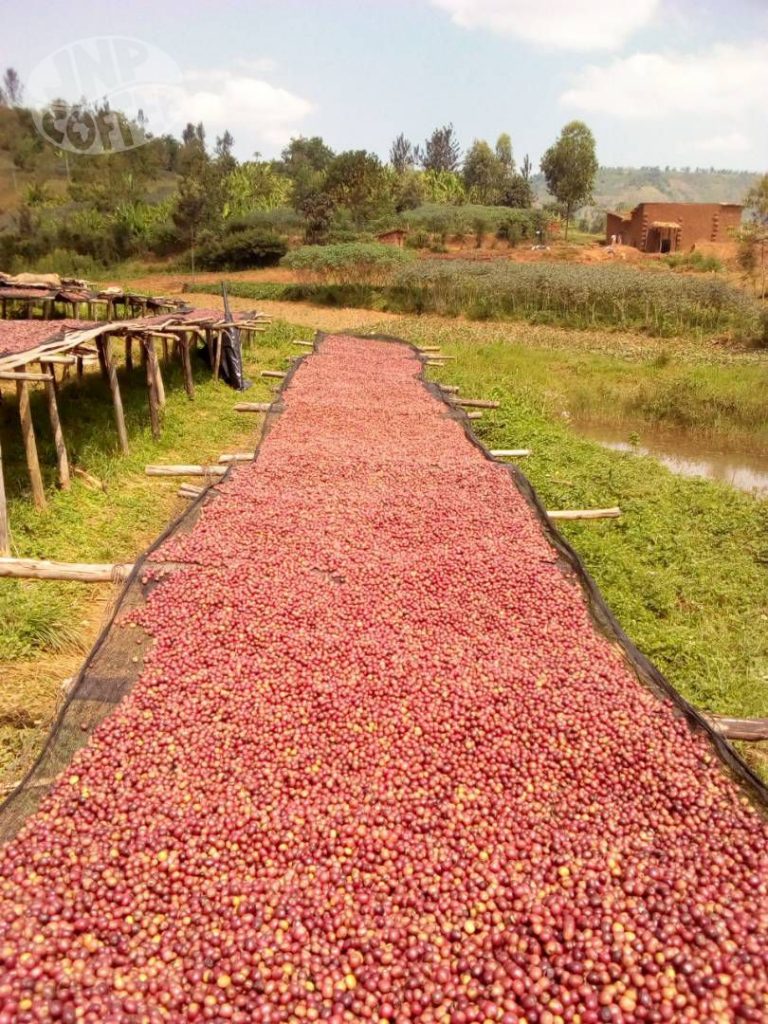
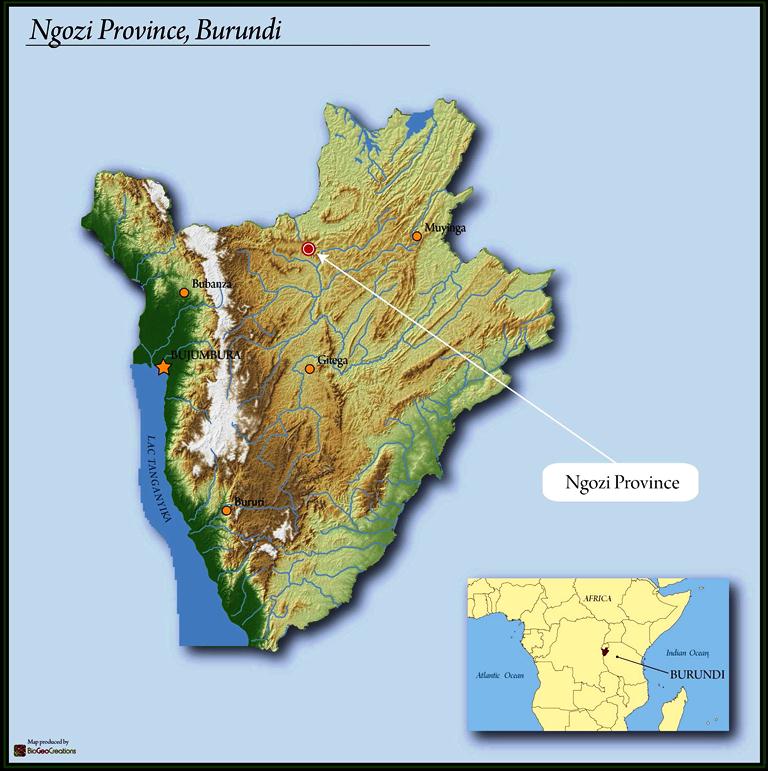
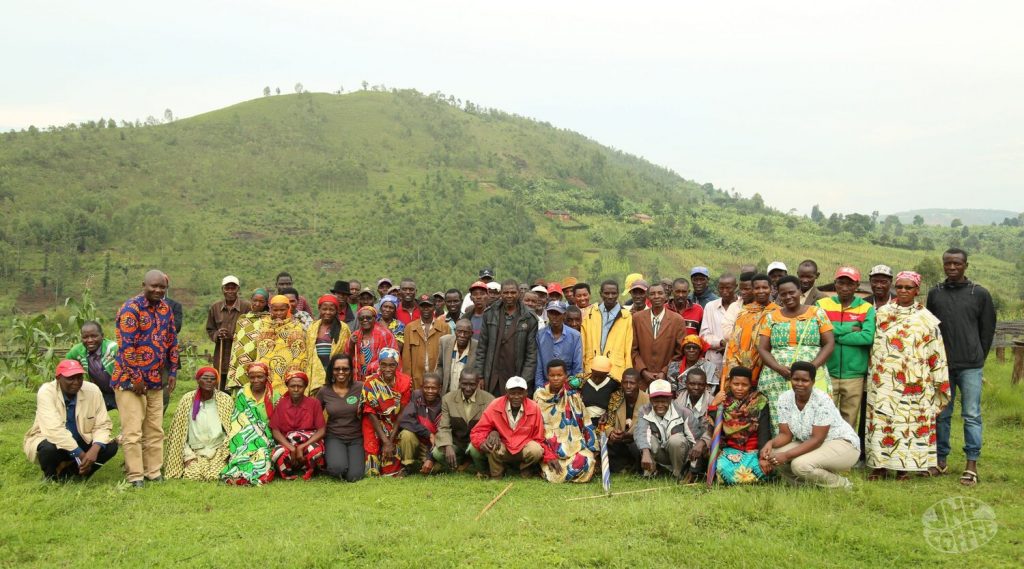
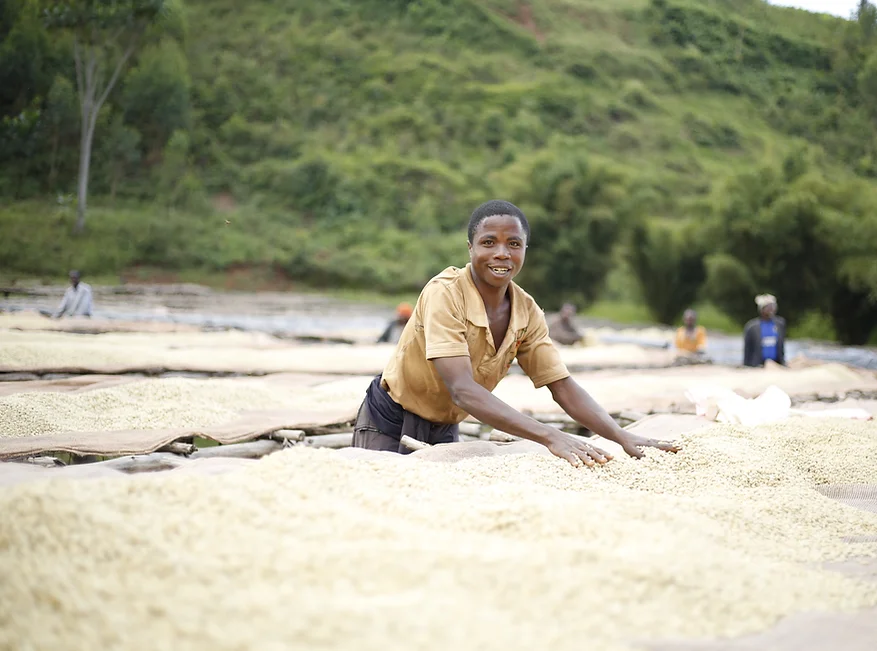
2024 June shipment
Cupping notes from vendor
Juicy, approachable, light citrus; lemon, orange, chocolate and almonds with bright acidity
Attributes (1-7) Flavors (1 -4)
| Brightness | 6 |
| Body | 5 |
| Aroma | 6 |
| Complexity | 5 |
| Balance | 5 |
| Sweetness | 4 |
| Spicy | 2 |
| Chocolaty | 3 |
| Nutty | 3 |
| Buttery | 1 |
| Fruity | 4 |
| Flowery | 2 |
| Winey | 2 |
| Earthy | 2 |
Process notes
Washed
A good resource for process comparison (Natural, Washed and Wet Hulled)
The Washed Method
This method gets a lot more technical, but bear with us: it’s just another way of getting to the seed. The cherry is picked—optimally ripe—then run through a “pulper,” a machine that squeezes the seed out of its outer skin using pressure, friction, and often water. The cherries are now a gooey, sticky mass…like a mango that’s been peeled but still has all of the fruit flesh stuck to the seed. To loosen and remove the fruit, the seeds are left to ferment anywhere between 8 and 24 hours. Yeast, bacteria, and local microbes eat away the fruit flesh so that the seeds can be washed clean of any residue and put out to dry the next day. Once they’re down to 9%–10% moisture, the beans travel to a dry mill, where hulling machines remove the papery parchment skin and presto…the raw coffee bean is ready.
Stories

From Royalcoffee.com
Drying naturals in the high and cool Ngozi climate is a painstakingly slow process, often taking 45 to 60 days to complete, during which the coffee is continuously circulated for even air exposure. Despite having one of the longest drying periods in the world, the cup profile is noticeably mild in process, expressing a piqued raisin sweetness, rich almond paste, and brisk orange acidity.
Fromthecaptainscoffee.com
Jeanine Niyonzima-Aroian, the founder of JNP Coffees, is without a doubt one of the most influential individuals in Burundi coffee today. After a few years marketing Burundi coffees stateside for friends and family, Jeanine realized she had every reason to lead the business, and JNP Coffee was born. JNP Coffee is highly focused on women’s empowerment, and along with a few local women’s rights advocates, formulated the Burundi chapter of the International Women’s Coffee Alliance. Producer groups of women and men alike, can qualify for JNP’s new “DushimeTM” program, which delivers the same kind of post-harvest premiums as IWCA has since 2013. On top of competitive pricing, JNP coffee also returns second payments to farmers and investing in opportunities for education and community building. The producer group behind this coffee is named Bavyeyi which means “parents,’’ a name given to honor the generations of hardworking parents, like Jeanine’s, whose labor in coffee (something many farming families either do not consume or cannot afford to consume) provides shelter, nourishment, and educational opportunities to their children. Bavyeyi is women-owned and works closely with JNP Coffee’s trained Q Graders in Burundi on best quality practices and lot curation. Indeed, this coffee itself is comprised of five unique processing lots from different days throughout harvest. Drying naturals in the high and cool Ngozi climate is a painstakingly slow process, often taking 45 to 60 days to complete, during which the coffee is continuously circulated for even air exposure. Despite having one of the longest drying periods in the world, the cup profile is noticeably mild in process, expressing a piqued raisin sweetness, rich almond paste, and brisk orange acidity.” –Royal Coffee


From oasiscoffeespot.com
“Burundi coffee is exceptional. In the mountains of my country, warm days, cool nights and rich volcanic soil nurture the heritage coffee plants. JNP Coffee partners with the farmers of Burundi by paying them directly and based on the higher prices their coffees command. Paying for value empowers farmers to improve their lives.” – Jeanine Niyonzima-Aroian
From afterglowcoffee.com
We’ve sourced this from our new friends at JNP Coffee – a Burundi specific exporter founded by Jeanine Niyonzima-Aroian who was raised in Burundi’s capital city Bujumbura. All of JNPs coffees are heirloom Bourbon, with sub-varietals Jackson and Mibirizi varieties grown at altitudes between 1,200 and 1,950 masl. Rainfall is 1,200 millimeters (47 inches) per year, ideal for growing coffee in the volcanic soil of this region. All coffees from Burundi are small production micro-lots. Many are heritage coffees from plants with no genetic modification, often growing in the shade of banana trees, among cassava plants, corn, beans, and tea.
We’ve chosen the lot from Bavyeyi which is grown by a group of small-holding farmers in the rich volcanic soil of the remote mountains of northern Burundi in Ngozi Province, an area famous for its excellent coffees. The conditions in this region are perfect for producing distinctly high quality coffees and JNP Coffee works with an experienced group of farmers, many of whom are Muslim women. These farmers collaborate enthusiastically with the JNP Q-grader when she visits their farms, understanding that quality can mean empowerment. Bavyeyi coffee was named by Jeanine in honor of her own mother who grew up in Ngozi and helped her family grow coffee. Bavyeyi means “parents” in Kirundi. JNP has also pioneered a program called ‘Dushime’ which means “Let’s be thankful” in Kirundi – this program provides a second payment to the farmers from the premiums over market price these coffees receive once sold.
We are really enjoying this coffe


From .andytownsf.com
In Burundi, women still lack full property ownership rights or equal access to education. While they are often the ones who manage the farm and pick cherries, pay will typically go to the male head of household. However, JNP pays women directly, allowing them to become more active participants in their local economies. Typically, women reinvest 90 percent of their income back to their family and communities. In addition to paying higher prices for quality coffee, JNP provides producers with a second payment under their Dushime™ premium payment program. In Kirundi, Dushime translates to let’s be thankful.
Burundi produces a small amount of coffee in comparison to the top ten producing countries, and to Jeanine, every coffee should be considered specialty. Quality is a driving force, and we can taste it in the cup. This coffee from the Bavyeyi group has an elegant structure to it, with notes of red grape, black cherry, and earl grey. It makes a lively, brisk cup of coffee that can serve as an excellent pick me up in the late morning or early afternoon!
If you’d like to learn more about Jeanine and her amazing work, take a listen to Jeanine’s episode on Sprudge Podcast Seed To Cup.
From jnpcoffee.com
Bavyeyi coffees are grown in the rich volcanic soil of a remote mountain area of northern Burundi in Ngozi Province, an area famous for its excellent coffees. The conditions in this region are perfect for producing distinctly high quality coffees and JNP Coffee works with an experienced group of farmers, many of whom are Muslim women. These farmers collaborate enthusiastically with the JNP Q-grader when she visits their farms, understanding that quality can mean empowerment. Bavyeyi coffee was named by Jeanine in honor of her own mother who grew up in Ngozi and helped her family grow coffee. Bavyeyi means “parents” in Kirundi.
